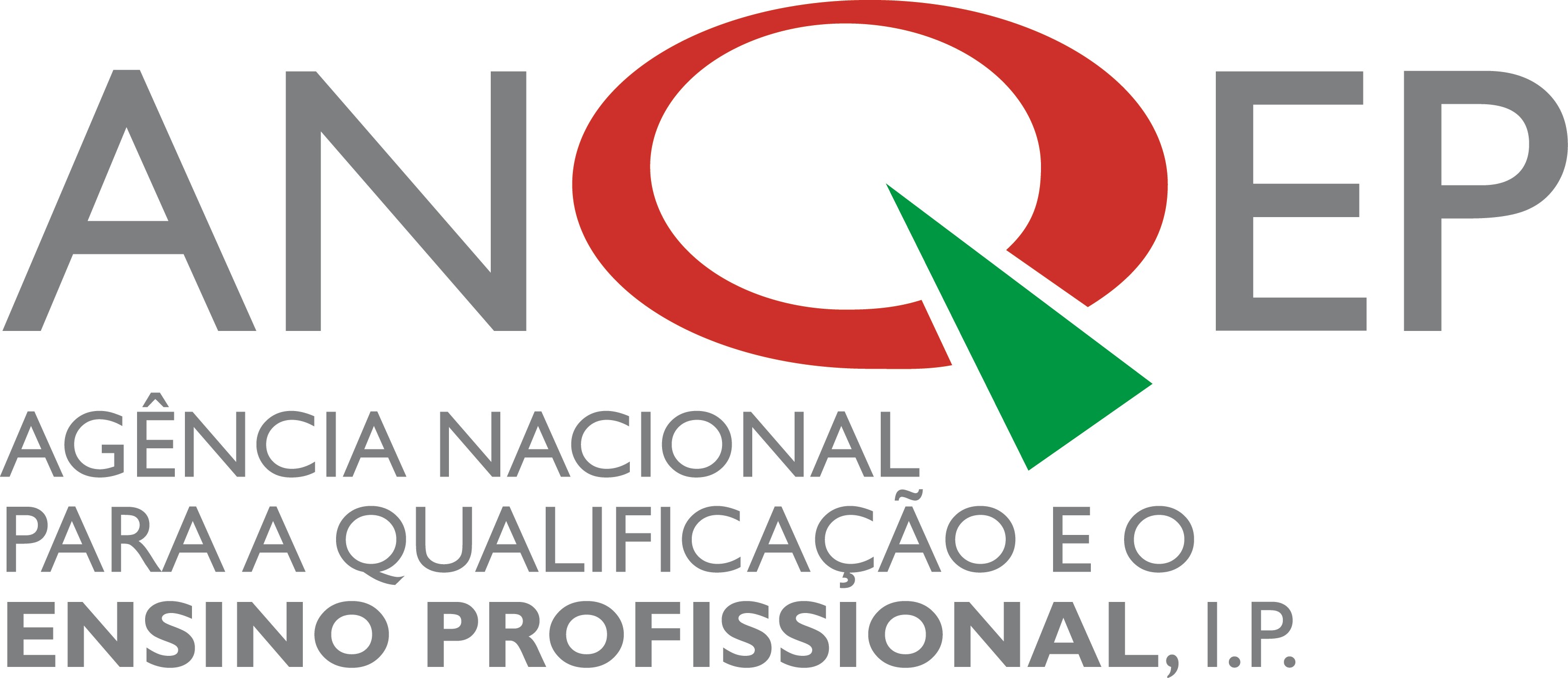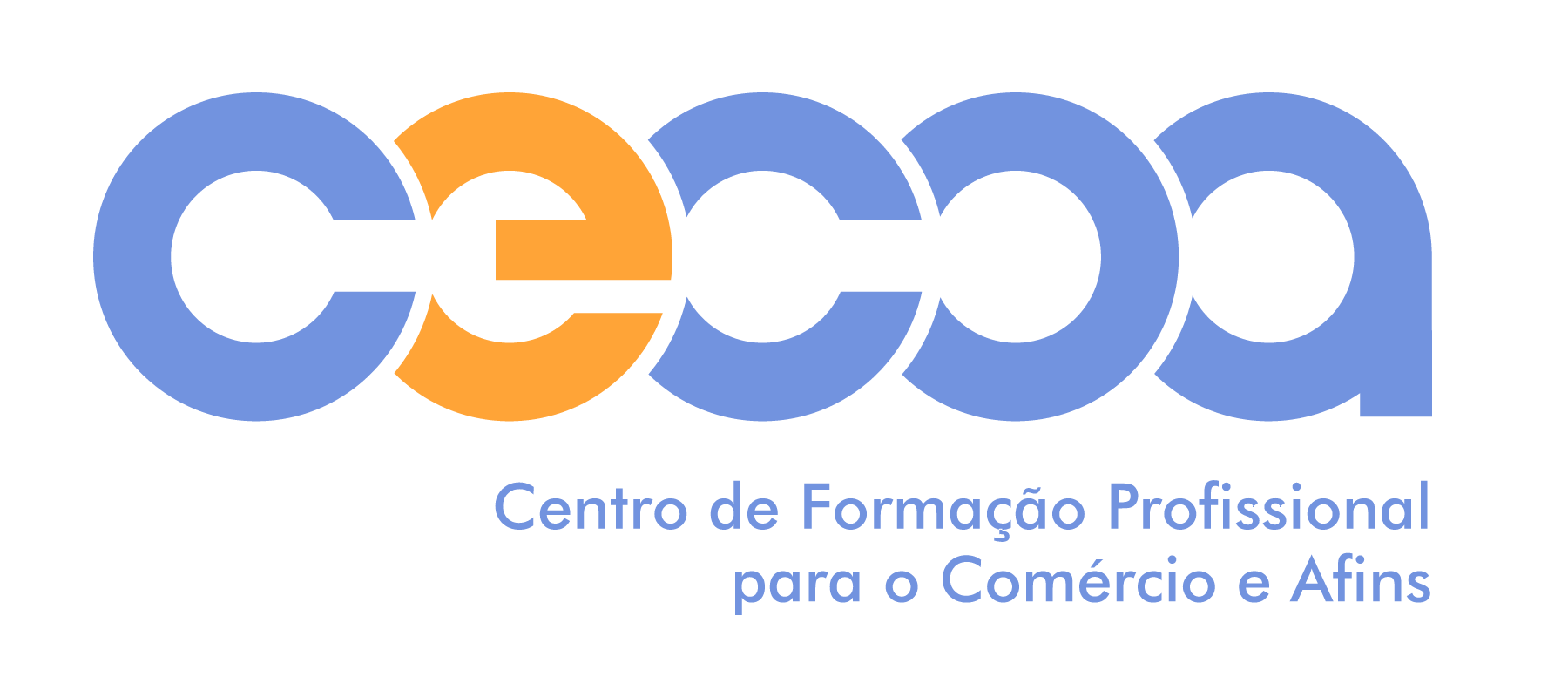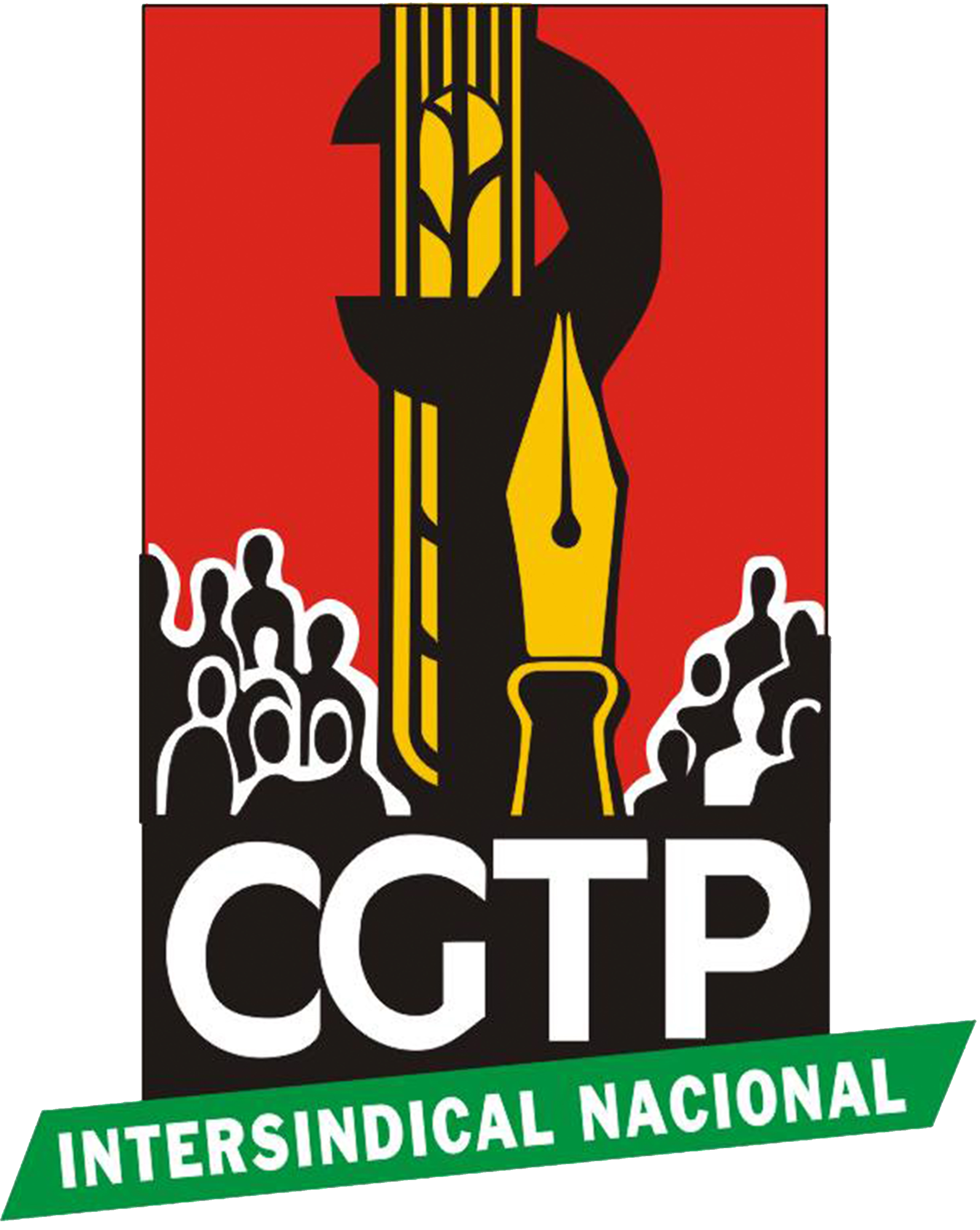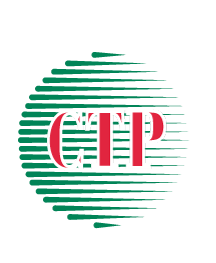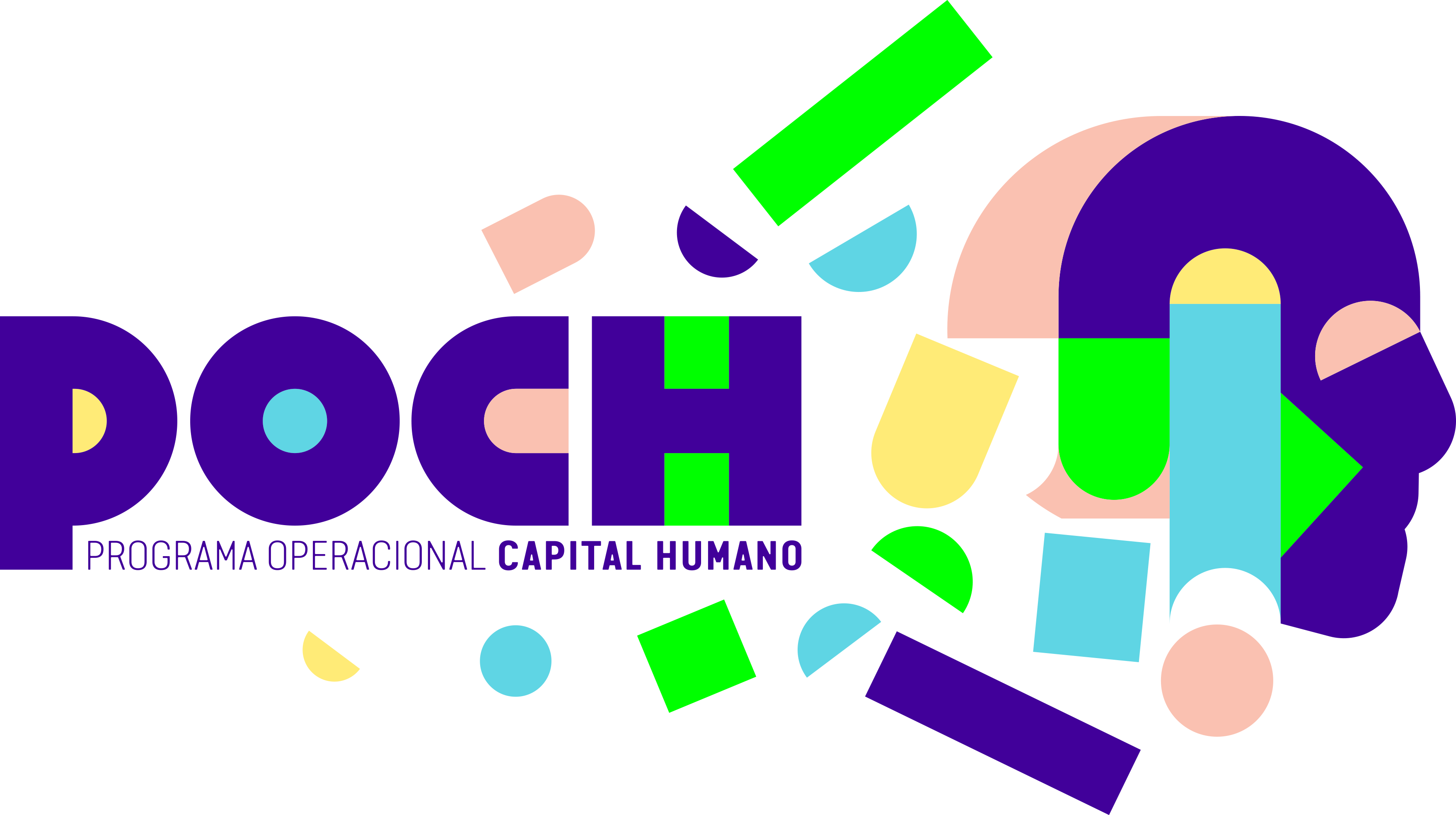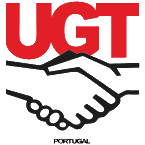Early, in 2018, DGERT started setting up a network of institutions with responsibilities in VET, through protocols with government bodies, social partners and training centres.
The representatives of the network meet twice a year and one of their main purposes is the validation of the information sent to Cedefop.

Agência Nacional Eramus+
The Erasmus+ Education and Training National Agency (E+ ET NA /AN E+ EF) is a mission structure integrated into public administration; it has administrative and financial autonomy for awarding grants under the joint supervision and jurisdiction of the Ministry of Science, Technology and Higher Education, Ministry of Education and Ministry of Labour, Solidarity and Social Security.
National Agency for Qualification and Vocational Education
The National Agency for Qualification and Vocational Education (Agência Nacional para a Qualificação e o Ensino Profissional) is a public institute in the indirect administration of the State, with administrative, financial and educational autonomy in the pursuit of its mission, under the tutelage of the Ministries for Education and for Labour, Solidarity and Social Security, in coordination with the Ministry for Economy.
Its mission is to coordinate the implementation of youth and adult vocational education and training policies and to ensure the development and management of the recognition, validation and certification of competencies system.
The Confederation of Portuguese Farmers (Confederação dos Agricultores de Portugal) is a socio-professional agricultural organisation that gathers around 250 organizations from all over the country, which are federations, wineries, regional associations, corresponding to the main agricultural areas of Portugal, associations specialised by technical sector and cooperatives.
Among the various specialised technical services provided by the CAP to the farmers, there is a special emphasis on vocational training, with three agricultural training centres (the northern training centre, the agricultural training centre of Guarda and Almeirim) and direct aid to farms with a network of 15 rural information centres covering the whole country.
The Portuguese Commerce and Services Confederation (Confederação do Comércio e Serviços) represents nowadays the interests and aims of the employers/entrepreneurs of commerce and of several services, gathering around 100 sector and regional associations and representing more than 200.000 enterprises, including micro and small enterprises.
One of its assignments to promote and coordinate at all levels vocational training in the sector in liaison with the affiliated structures.
The Vocational Training Centre for the Commerce and Services (Centro de Formação Profissional para o Comércio e Afins) was created by a protocol signed between the IEFP and the CCP. CECOA develops training for young people, active population and trainers, as well as tailor-made solutions for organisations.
This centre has an extensive experience in designing, planning, organising, developing and evaluating training courses. It also actively participates in national and international projects.
The Trade Union Training and Vocational Development Centre (Centro de Formação Sindical e Aperfeiçoamento Profissional) was created by a protocol between the IEFP and the UGT. The centre promotes vocational training activities and the valorisation of human resources, in a transversal perspective of the economic activity and in the mainland, according to the strategic guidelines defined by UGT.
CEFOSAP’s Qualifica Centres in Lisbon, Porto and Aveiro work in an integrated and coordinated manner and are an interface with other answers available in the National Qualification System.
The General Confederation of Portuguese Workers (Confederação Geral dos Trabalhadores Portugueses – Intersindical Nacional) is established by affiliated trade union associations that carry out their activities in the national territory. The association bodies that compound the CGTP-IN are trade unions, federations and unions. CGTP assures the professional and union training of workers and connects with the professional school Bento de Jesus Caraça.
This school was established through a programme-contract signed between the CGTP-IN and the education ministry, for a quality professional teaching, with delegations in Barreiro, Beja, Lisbon, Vila Nova de Famalicão, Porto and Seixal.
The Confederation of Portuguese Business (Confederação Empresarial de Portugal) is an umbrella organisation of the Portuguese business association movement that protects the interests of all Portuguese enterprises, hosting, in a transversal and balanced way, sectoral and regional associations, as well as all the chambers of commerce and industry of Portugal.CIP represents about 114 thousand enterprises that employ 1.541.539 workers.
The Portuguese Tourism Confederation (Confederação do Turismo Português) is an umbrella body of the business association of tourism, bringing together all the business associations of tourism activity.
Its attributions include the contribution to the training policies and measures favourable to the tourism activity development, in particular, and of the national economy in general, and the promotion of vocational training.
The Institute for Employment and Vocational Training (Instituto do Emprego e Formação Profissional) is the national public employment service. Its mission is to promote the creation and quality of employment and to fight unemployment through the implementation of active employment policies, including vocational training.
Its structure is deconcentrated, flexible and of proximity. It comprises central services; regional delegations in the north, centre, Lisbon and Tagus Valley, Alentejo and Algarve; 30 employment and vocational training centres; 23 employment centres; a vocational training and rehabilitation centre and a network of jointly managed centres set up under protocols between the IEFP and the social partners (employers and trade unions associations).
The Human Capital Operational Programme (Programa Operacional Capital Humano) approved in 2014, by decision of the European Commission, aims at contributing to intelligent, sustainable and inclusive growth and to economic, social and territorial cohesion.
The achievement of the Europe 2020 targets is based on five objectives: promote academic success and reduction of early school-leaving; improve employability through the adjustment between supply and demand in the labour market; increase the attractiveness of higher education and the number of graduates; improve the adult population qualifications; promote the quality and regulation of the education and training system.
Tourism of Portugal (Turismo de Portugal), integrated within the Ministry for Economy, is the national tourism authority responsible for training and qualifying the tourism sector human resources and for the technical and pedagogical research. It also coordinates, implements and recognises the programmes and vocational training courses in this area. Moreover, it certifies the professional skills required for tourism careers.
The General Union of Workers (União Geral dos Trabalhadores) is a confederation that comprises trade union associations, covers the whole national territory and has its headquarter in Lisbon.
One of its objectives is to defend and promote initial and continuing trade union training, with particular attention to equal opportunities and the protection of the most vulnerable groups, in particular, the unemployed and the disabled, as well as professional renewal and retraining.



